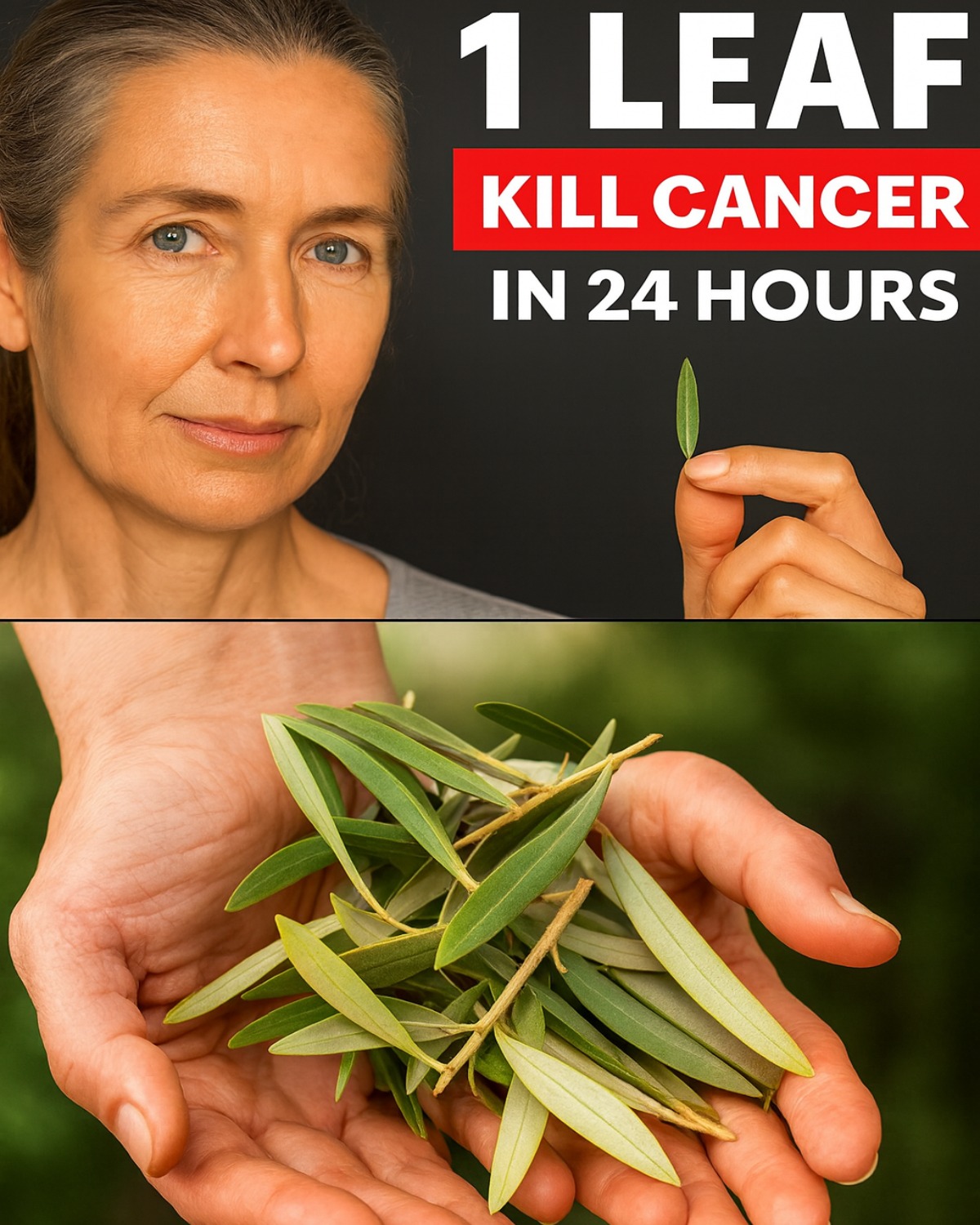Have you seen claims online about a mysterious leaf that “destroys” cancer cells, yet seems to fly under the radar? Moringa, often called the “miracle tree,” is frequently praised for its nutrient-rich leaves, sparking curiosity among health-conscious Americans. But can it really fight cancer, and why isn’t everyone talking about it? In this article, we’ll explore the science behind moringa leaves, their potential health benefits, and whether they live up to the dramatic claims, all backed by trusted sources.
What Is Moringa and Why the Hype?
Moringa, scientifically known as Moringa oleifera, is a fast-growing tree native to parts of Africa and Asia. Its leaves are packed with vitamins, minerals, and antioxidants, earning it a spot in traditional medicine and modern wellness trends. Social media posts often tout moringa as a superfood that can tackle serious health issues, including cancer, due to its nutrient density. While moringa is indeed nutritious, claims about it “destroying” cancer cells need careful scrutiny. Let’s dive into what moringa offers and whether it supports these bold statements.
Potential Health Benefits of Moringa Leaves
Moringa leaves are a nutritional powerhouse, containing vitamins A, C, and E, calcium, potassium, and antioxidants like quercetin and chlorogenic acid. Here’s what research from sources like Harvard Health and WebMD suggests about their benefits:
Antioxidant Support: Moringa’s antioxidants may reduce oxidative stress, which damages cells and is linked to chronic diseases. A 2018 study in Nutrients found that moringa leaf extracts decreased oxidative stress in animal models.
Anti-Inflammatory Effects: Compounds in moringa may lower inflammation, which contributes to overall health. A 2020 review in Phytotherapy Research noted that moringa reduced inflammation markers in lab studies, though human trials are limited.
Nutrient Boost: Moringa leaves are rich in vitamin C, which supports immune function, and iron, which aids energy production, per the National Institutes of Health. This makes them a valuable addition to a balanced diet.
Blood Sugar Support: Some studies suggest moringa may help regulate blood sugar. A 2019 study in Journal of Food Science and Technology found that moringa leaf powder improved blood sugar levels in people with diabetes, though effects were modest.
These benefits highlight moringa’s role in general wellness, but they don’t directly address cancer. Let’s explore the specific claims about its anti-cancer potential.
Moringa and Cancer: What Does the Science Say?
The claim that moringa leaves “destroy” cancer cells stems from early lab studies, but the evidence is far from conclusive. Here’s a closer look at what research shows:
Lab Studies: A 2019 study in Oncology Letters found that moringa leaf extracts inhibited the growth of certain cancer cells, like breast and colon cancer, in test-tube settings. Compounds like niazimicin and glucosinolates were credited for these effects.
Animal Studies: A 2020 study in Evidence-Based Complementary and Alternative Medicine reported that moringa extracts reduced tumor growth in mice with skin cancer. However, these results don’t automatically apply to humans.
Human Evidence: No clinical trials in humans confirm that moringa prevents or treats cancer. The National Cancer Institute notes that while some plant compounds show promise in labs, human studies are needed to validate anti-cancer effects.
Limitations: Lab studies use concentrated extracts, not the amounts you’d consume in food or tea. Eating moringa leaves or powder won’t deliver the same doses, and cancer is too complex for a single food to “destroy” it.
While these early findings are intriguing, claims that moringa “destroys” cancer cells are exaggerated and misleading. Cancer treatment requires medical expertise, and moringa is not a substitute for proven therapies.

